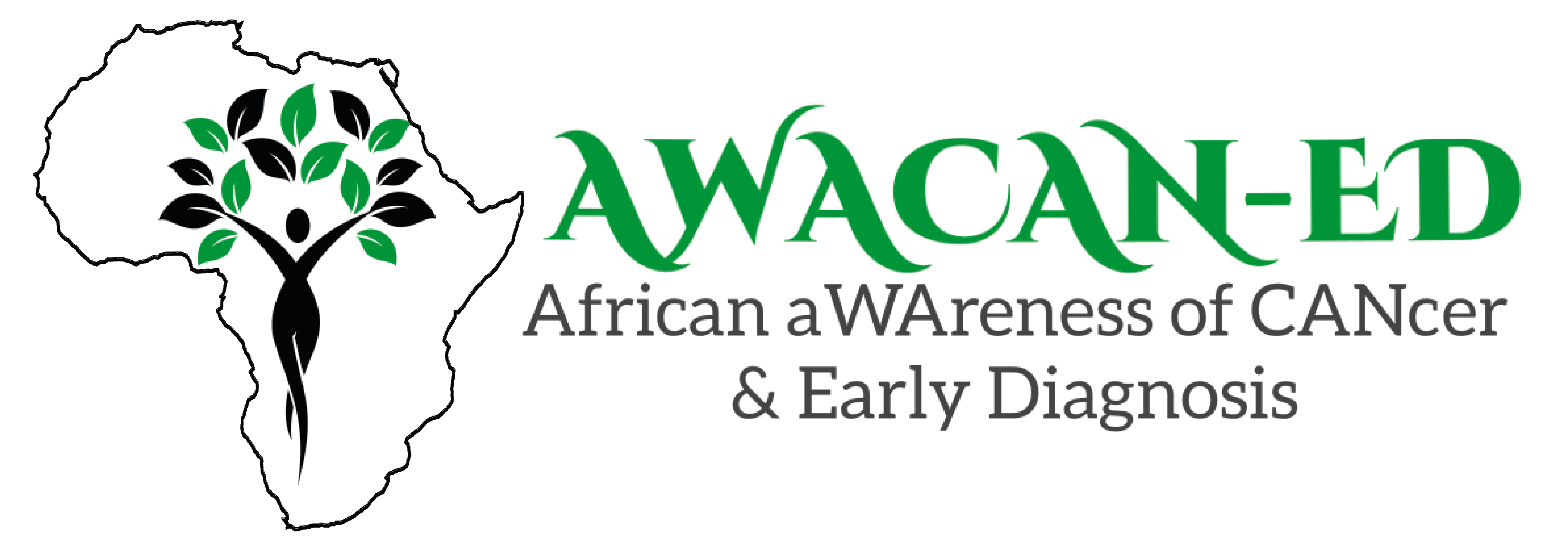Etched in my heart – Reflections of Lusikisiki by Jennifer Githaiga
Dr Jennifer Githaiga shares reflections from her experience in Lusikisiki, in the Eastern Cape Province of South Africa, which was one of the research sites of the AWACAN Project. The aim of the AWACAN project was to measure cancer awareness among women in Sub-Saharan Africa. Dr Githaiga was part of the research team that developed and validated culturally relevant cancer awareness measurement tools to promote timely diagnosis of cancer in Sub-Saharan Africa, validated in English, isiXhosa and Acholi.
On Sunday, 17th November 2019, I mentally drove down memory lane as I drove through hills and vales to Lusikisiki in the Eastern Cape for my last time. It seemed like just the other day when, in March 2018, I first visited Lusikisiki and met the team at St. Elizabeth’s hospital. We did not anticipate that we would have to tactfully weave our way through a group of demonstrators fully engaged in protest action. During this visit, we had an opportunity to meet some members of the hospital executive board, three oncology nurses at the hospital, some staff members at the neighbouring clinic and several chiefs and community members as we visited 10 villages to make initial contact with members in the local villages. This was the first of several visits to Lusikisiki project site, which became a second home to me.
 I experienced a range of emotions as we drove to Lusikisiki: sadness as I faced the reality that I may never see and interact with the people with whom we shared so many joys and challenges in the process of our research study; joy, laced with nostalgia, as I reflected on my field experiences since 2019, and; a sense of pride and fulfilment having had the privilege of interacting with such dear, committed and enthusiastic community leaders, hospital staff and fieldworkers.
I experienced a range of emotions as we drove to Lusikisiki: sadness as I faced the reality that I may never see and interact with the people with whom we shared so many joys and challenges in the process of our research study; joy, laced with nostalgia, as I reflected on my field experiences since 2019, and; a sense of pride and fulfilment having had the privilege of interacting with such dear, committed and enthusiastic community leaders, hospital staff and fieldworkers.
On Monday, 18th November 2019 the investigators’ team met with the community team to share the findings of the research. This was a very significant day in this context where, though the local community has interacted with many research teams, few return to share their findings with these communities. It was heartwarming and humbling to see the impact of this gesture as the research team engaged with community members, each learning from the other. We had a wonderful day together.
It was difficult to say goodbye but there could have been no better way to do so than appreciate the local community who supported us throughout our study.

